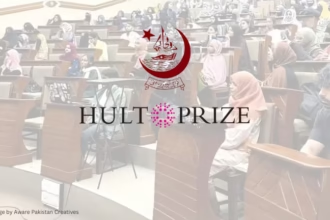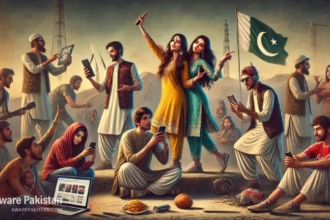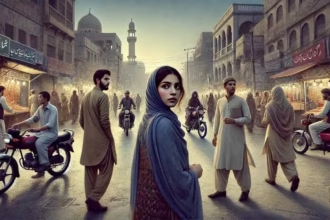The Domestic Violence (Prevention and Protection) Act 2020 was introduced into the National Assembly on July 8, 2020, with the purpose of “creating an effective system of protection, alleviation, and rehabilitation of women, children, seniors, and any vulnerable individuals.” Domestic abusers would also face fines ranging from Rs 20,000 to Rs 100,000, which would be paid to the victim as compensation. If the fine is not paid, the offender may be sentenced to three months in jail.
However, according to estimates, in Pakistan, almost 5,000 women are killed annually, some of whom are the targets of honour killings, and physical abuse affects up to 70% of Pakistani women.
In a society where men predominate, it is a prevalent misconception that women in Pakistan have few rights or privileges. Urban locations and the middle and upper classes are better for women. It is really concerning how rural women’s rights are currently being treated. Women experienced various forms of violence, including sexual assault by family members, beatings, threats, honour killings, torture, acid assaults, and issues with child custody.
Violence against anyone, especially family members, must always be condemned in the eyes of children. We must set an example by firmly rejecting domestic abuse. If a spouse is being mistreated, he or she must act right away to get rid of the abuser and put a stop to the problem. Abuse must end the first time it happens. Domestic violence will continue as long as partners, particularly women, return to the abuser and children see the abuse.
Every year, around 5000 women are slain in honour killings and domestic violence in Pakistan, and 70% of women suffer physical abuse.
Domestic violence is becoming more common in Pakistan. Women’s low economic status, ignorance of women’s rights, a lack of education, false beliefs, unequal issues with empowerment between men and women, alcoholism, and a lack of government support are all blamed for domestic violence in Pakistan.
Domestic violence victims should have access to integrated supportive services, legal assistance, and redress. The intervention strategy should include counseling, relocation assistance, credit support, and other services that will assist women in rebuilding and recovering their lives after experiencing abuse.
Although the Pakistani government has given this subject some thought, ongoing monitoring is required.
In Pakistan, there ought to be an adequate number of educational opportunities for both men and women at comparable levels.
There has to be increased public knowledge of the following:
Women need to be protected, but people with mental illnesses require greater attention and security. The underlying issue is not mental illness itself, but rather the stigma associated with it.
More medical conditions than mental conditions cause issues in marriage.
There shouldn’t be any discrimination. If a woman can stay married even when her husband suffers from a mental condition, so can the husband.
People should be made aware that if it is acceptable to marry a son or daughter who has a mental disorder, then the opposite is equally acceptable. Accepting a daughter-in-law with mental illness is also necessary.
Many mentally ill women are better daughters-in-law and marriage partners than those who are not mentally ill.
If the wife’s family accepts her mental disorder, society will do the same.
Women who suffer from mental illnesses ought to be accepted for who they are.
The answer is not through violence. The victim’s or perpetrator’s mental disorder, such as depression, alcoholism, or schizophrenia, should be treated right away.
Restrictions on media need time. We ought to censor sexually explicit content. It is important to reflect positive ideas that decry violence and celebrate victim recovery. Strict enforcement of the pornography ban is necessary. Websites that distribute such content should be blocked.
A few years ago, the country outlawed exclusive wedding celebrations, and the ban was quite successful nationwide. Similar to this, the government can outlaw heavy dowry systems and set a certain amount in accordance with Islamic religious principles that must be adhered to throughout the nation.

